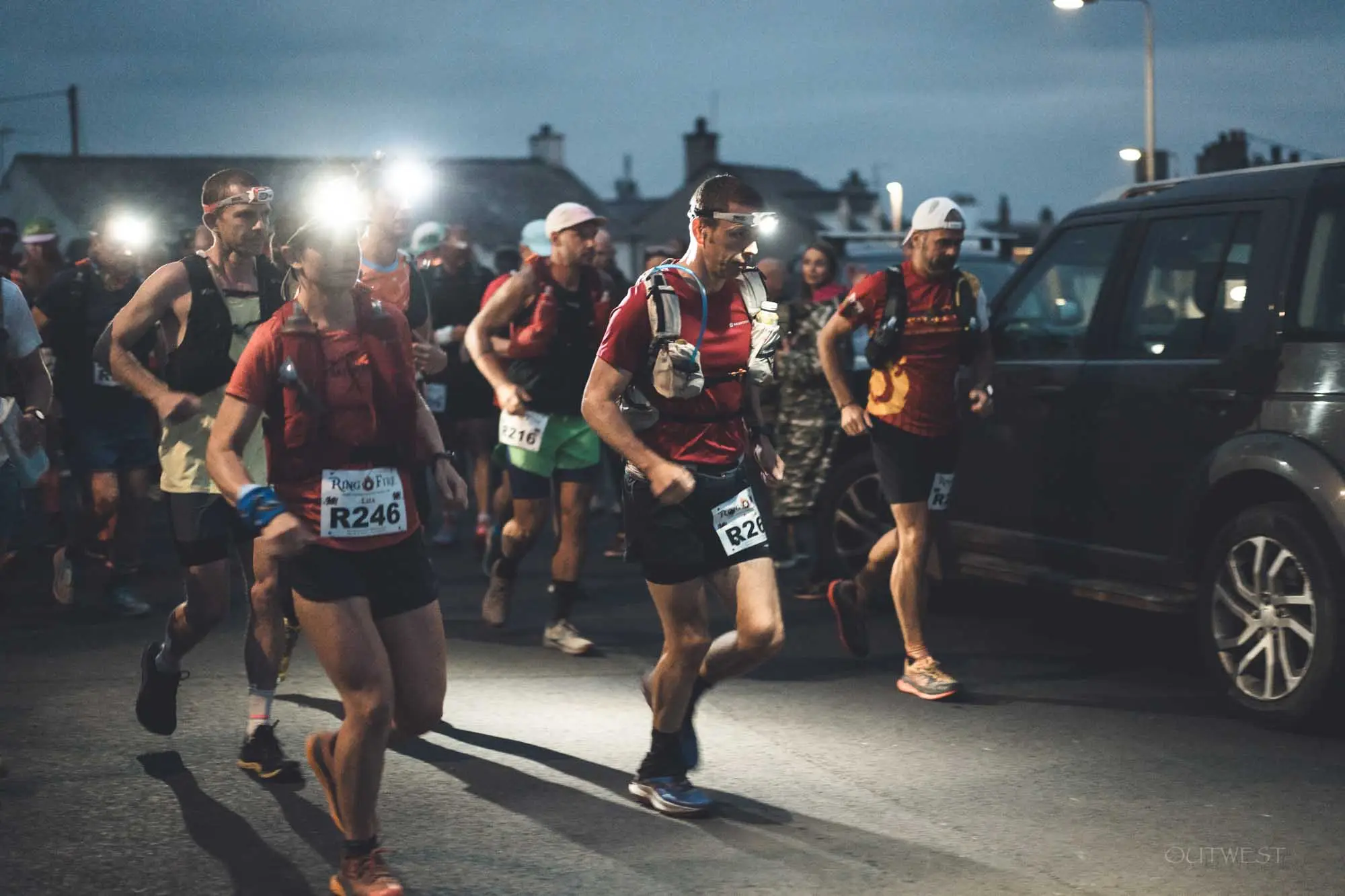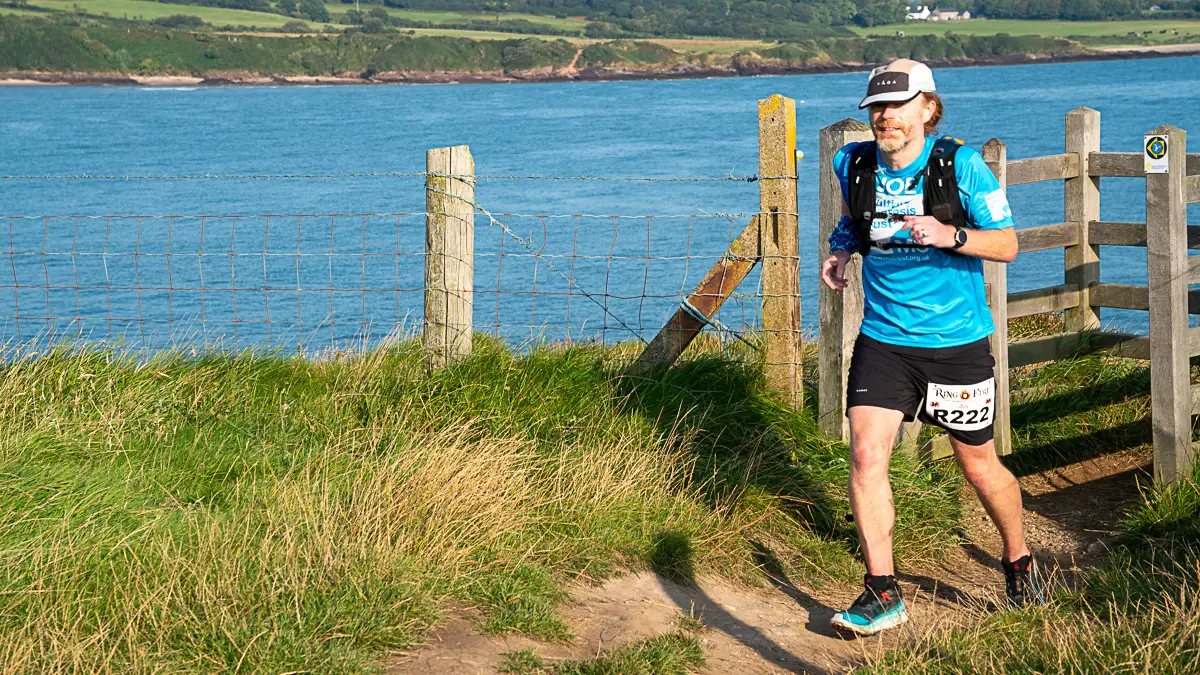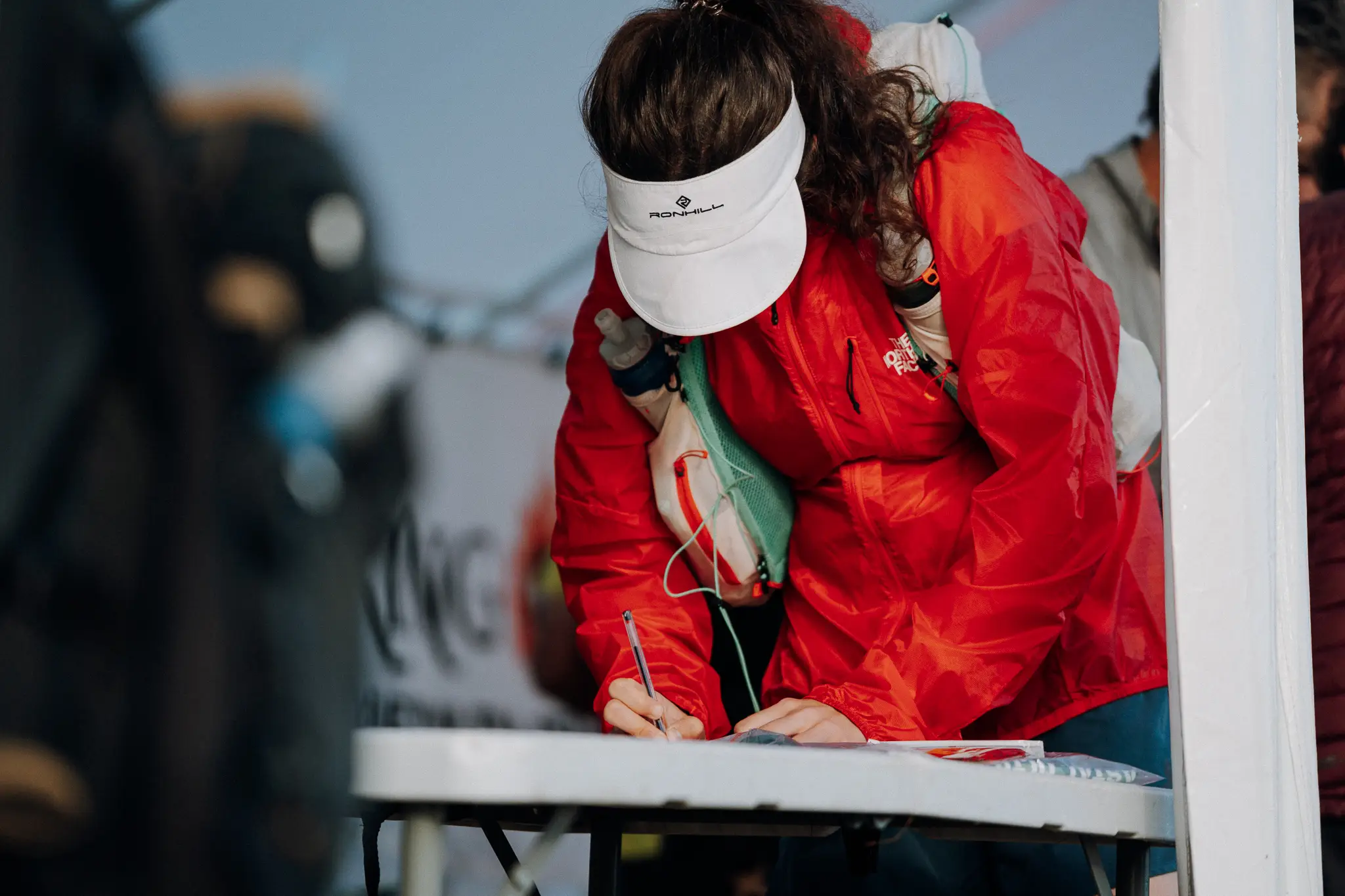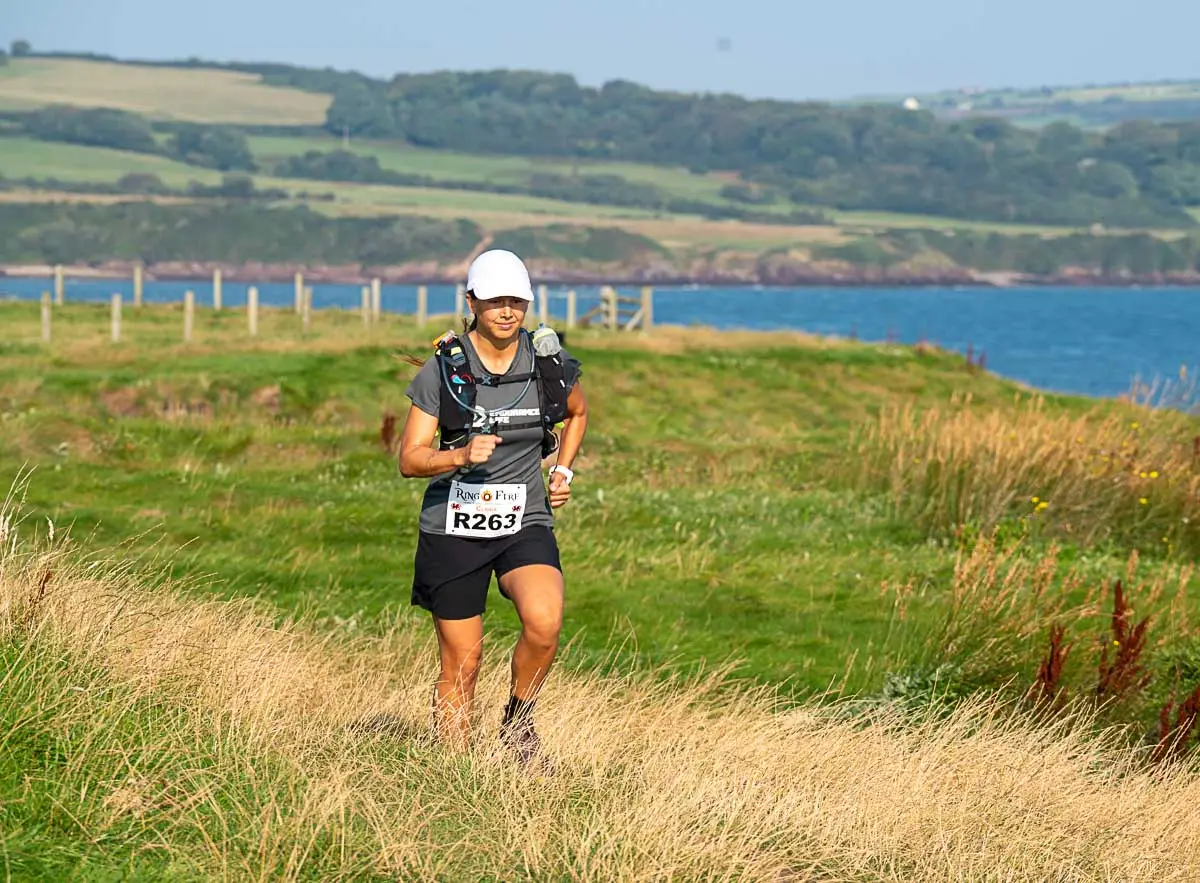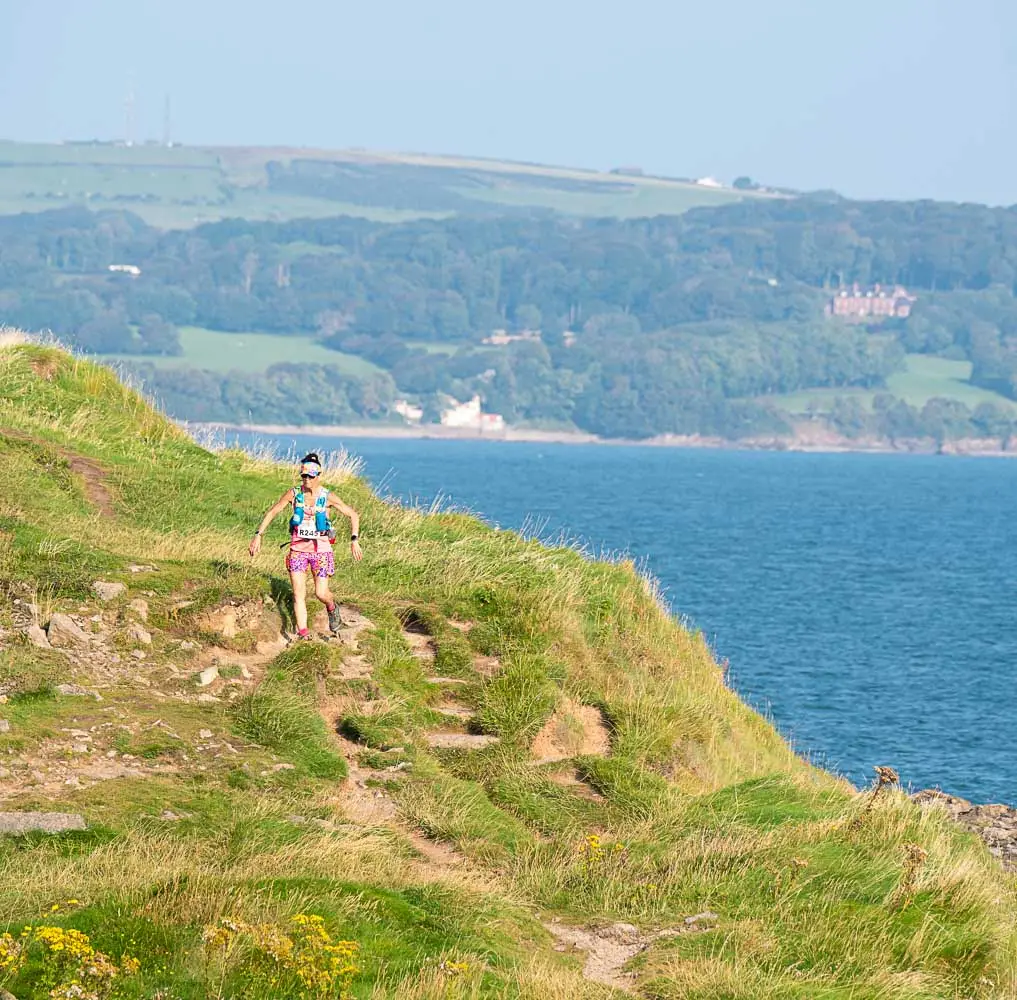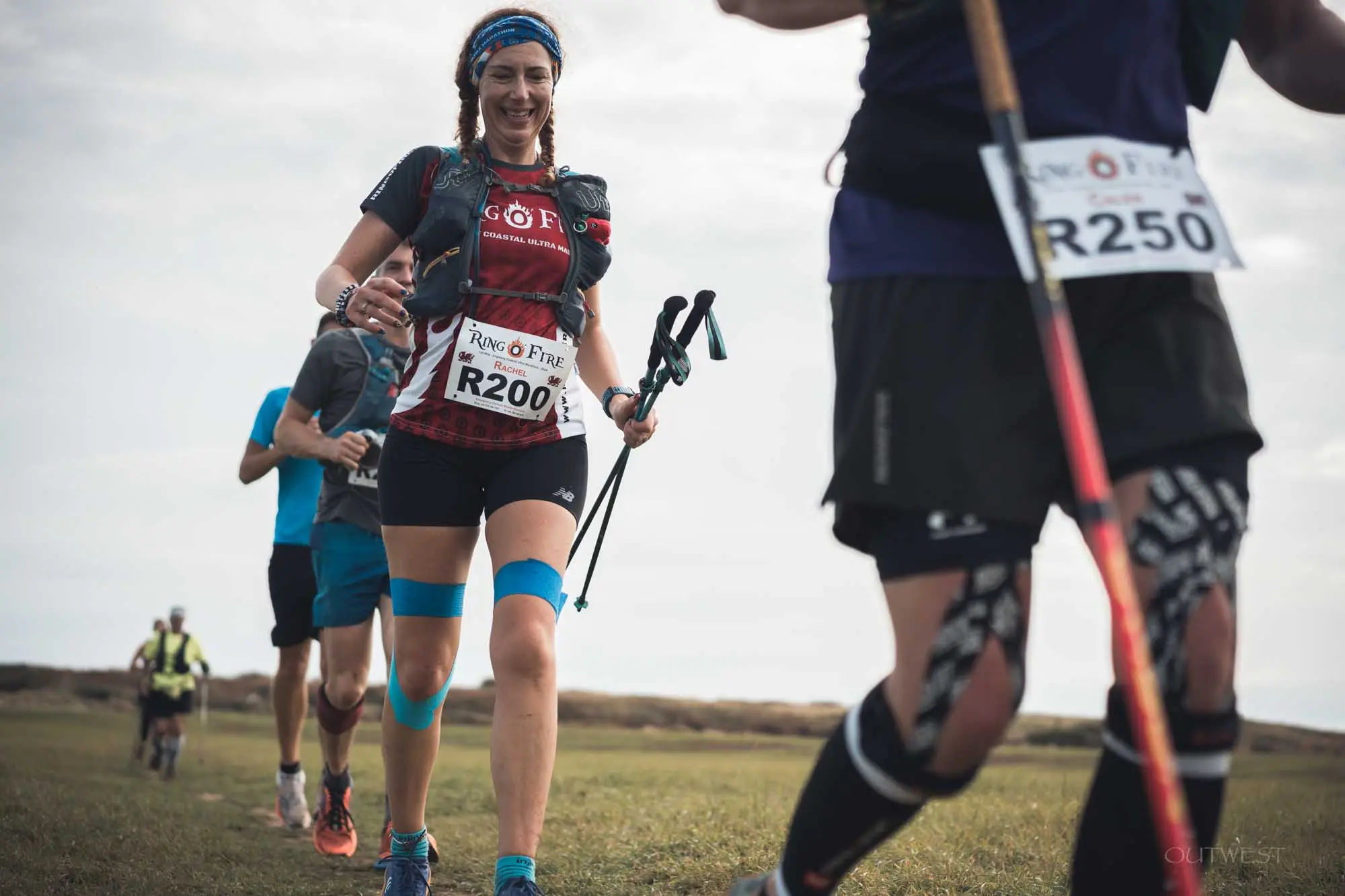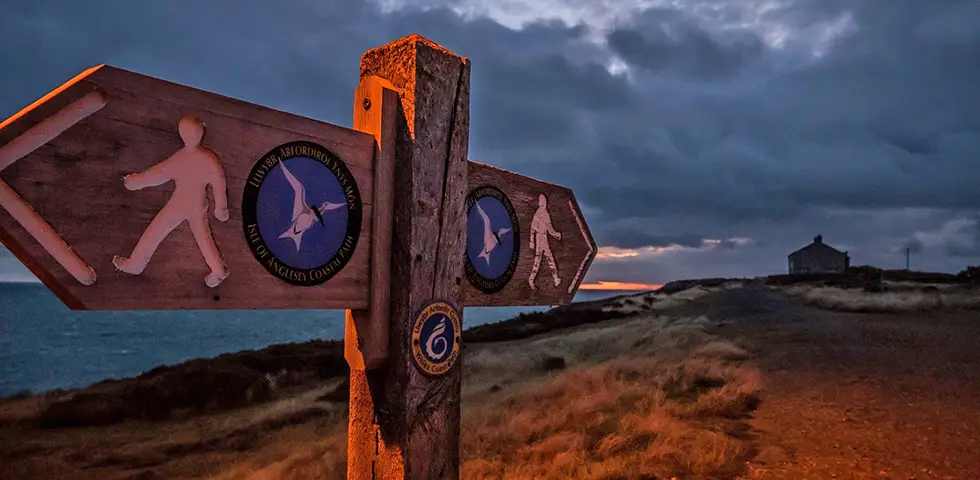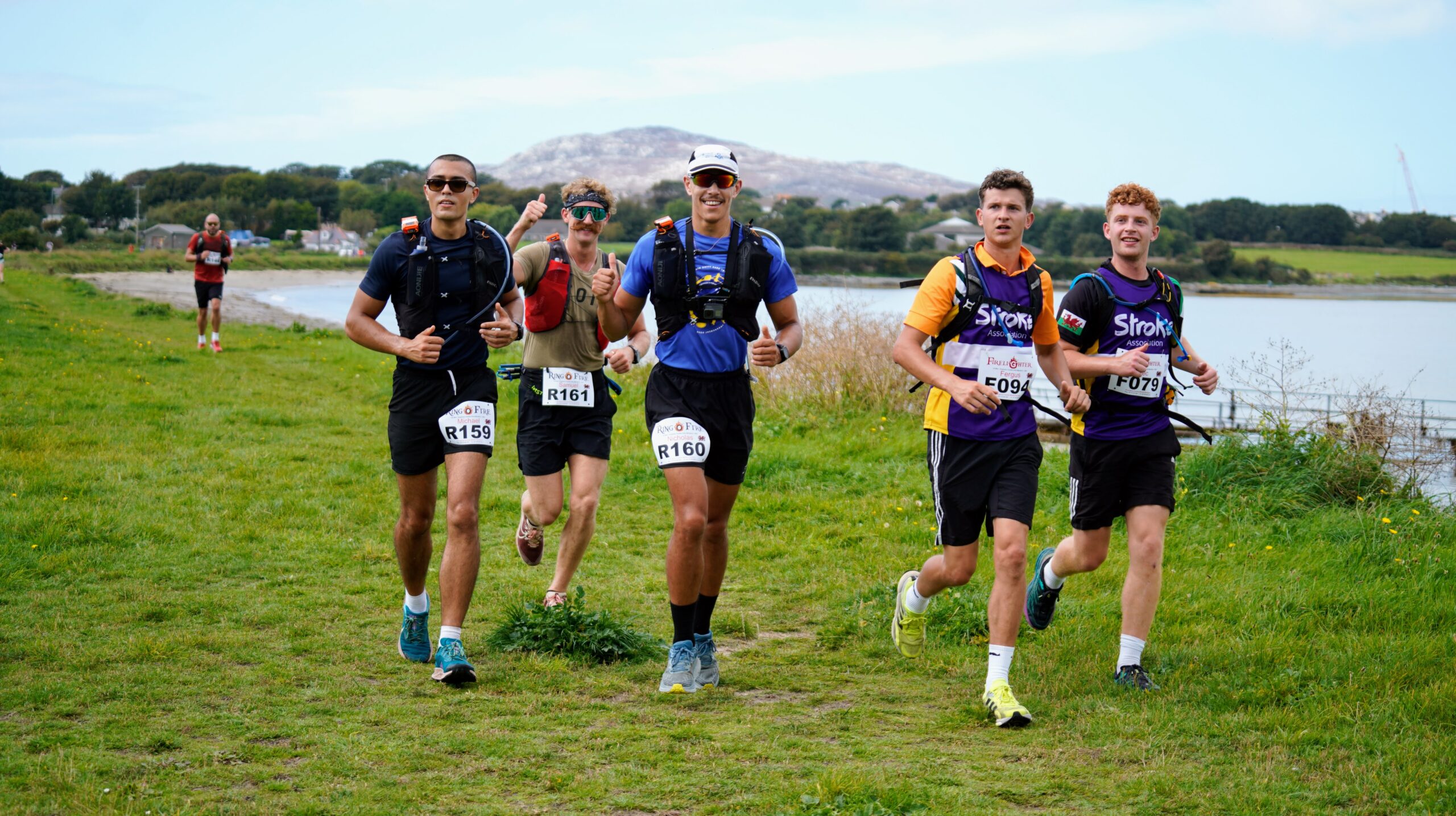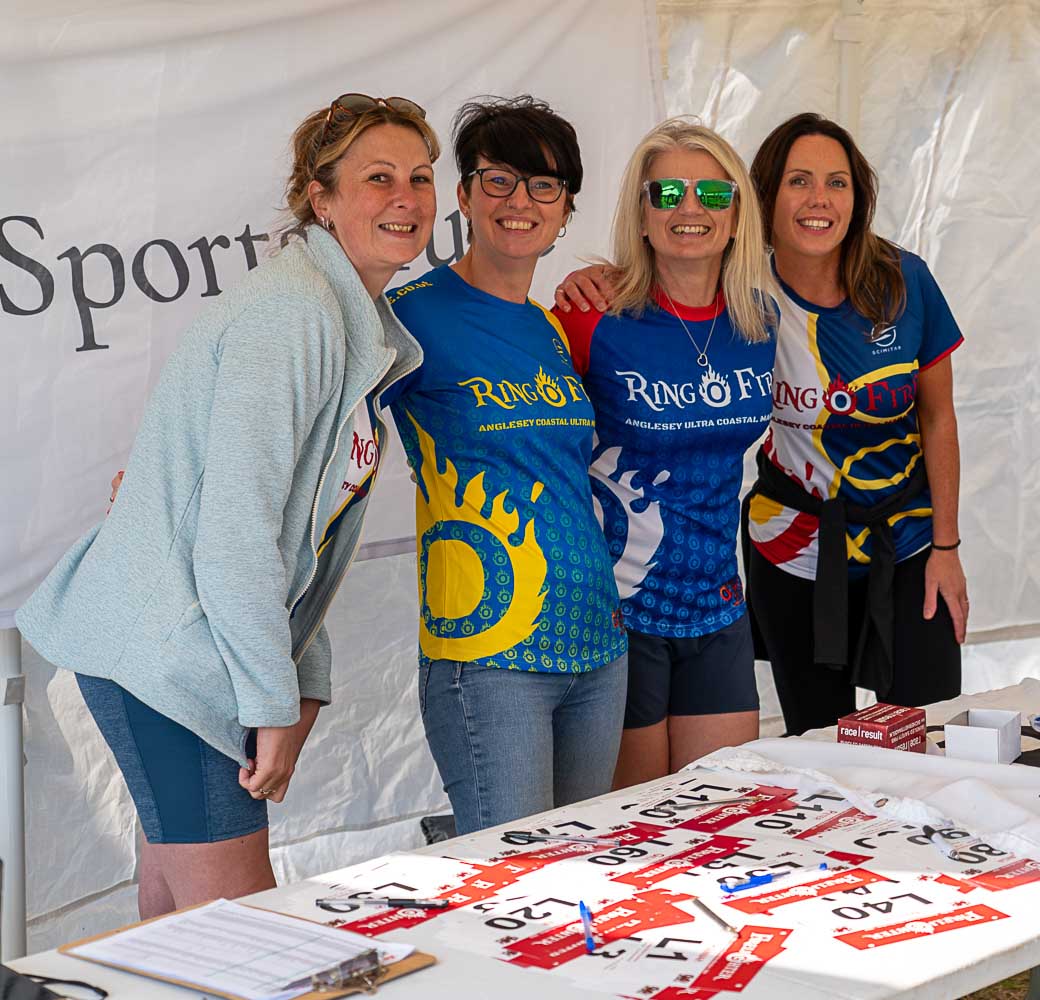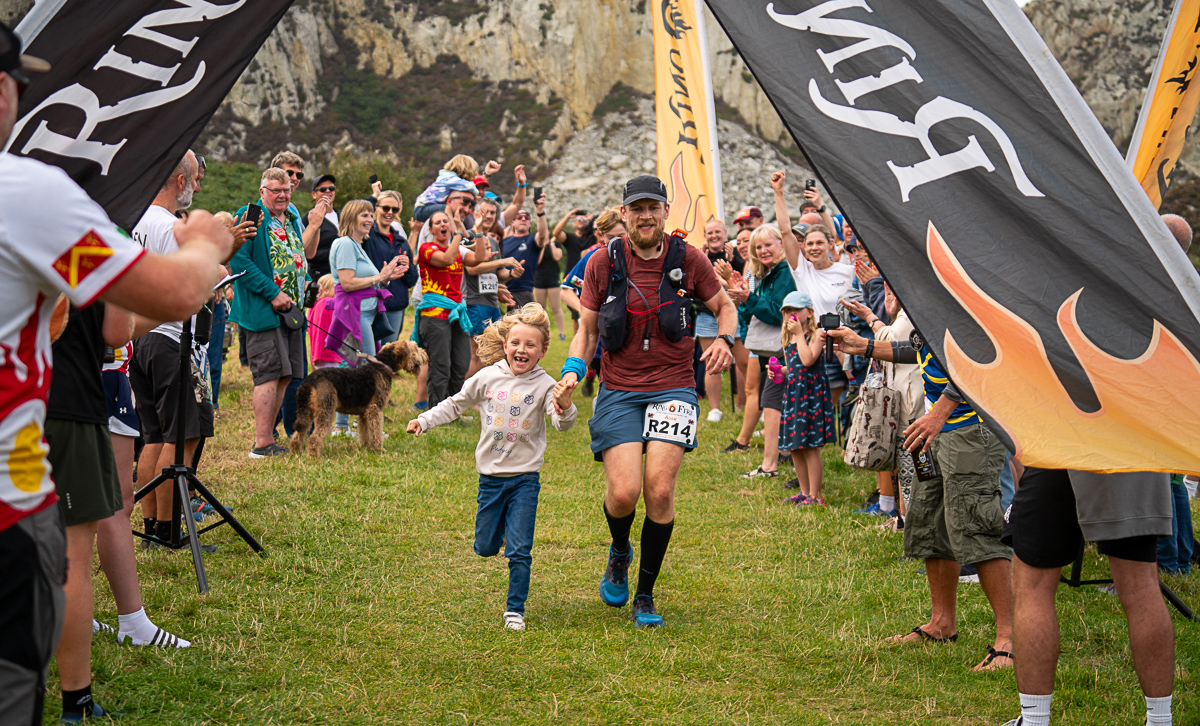This kit list is based on our knowledge and experience
It is essential that you assess what is most appropriate for your individual needs and plan accordingly. Preparation is key – take note of the weather conditions as race day approaches. You may encounter cold, wet weather and high winds. Ensure you have the appropriate gear to operate safely in all weather conditions.
Mandatory Kit
Mandatory kit must be carried by you throughout the event. Kit checks will take place at registration, and additional spot inspections may be conducted during the race.
- Mobile Phone: Fully charged at the start of the race and kept switched on with emergency race contact numbers saved.
- Waterproof Jacket: High visibility recommended for safety during low-light or poor weather conditions. Must be lightweight, breathable, and fully waterproof with taped seams. A hood is strongly recommended for added protection.
- Hat or Buff: Lightweight thermal for night stages and cooler conditions. Helps retain warmth and protect against wind chill, especially in exposed sections.
- Survival Blanket:Foil type (space blanket) for emergency warmth and protection.
- Head Torch: Must have spare batteries or sufficient charge to last the entire race duration. Minimum 200 lumens recommended for trail visibility. Test in advance and pack accessibly.
- Red Light on back when running at night:Rear-facing red light to improve visibility from vehicles during low visibility/night time. Clip-on or integrated options for backpacks or belts recommended.
- Water bottles / hydration system: Distances between checkpoints can exceed 20 miles. Plan your water needs carefully and choose a reliable system—soft flasks, hydration bladder, or bottles. Minimum recommended capacity: 2-3 litres. Include electrolytes in warm weather and test your setup during training.
- Whistle:Essential for attracting attention in remote or low-visibility conditions. It should be easy to reach—clipped to your pack or worn on your vest—and loud enough to be heard over wind or distance. Many hydration vests include one; check yours before race day.
- GPS Tracker: Tracker fitting will start from 06:45 on race day.
Recommended Kit
These items are strongly advised to support safety, comfort, and navigation.
- Personal First Aid Kit: See details below.
- Waterproof trousers: Essential in wet and/or windy conditions. Must be lightweight, breathable, and easy to stow.
- Compass: Must be non-electronic (not on phone).
- GPS Navigation Device + Charger:Watch or handheld device recommended.
- Map Pack: Issued map pack/OS maps – hard copy, waterproofed.
- Trail running shoes: Suitable for mixed terrain and long-distance comfort.
- Backup headtorch: Fully charged or with fresh batteries. Pack accessibly in case of primary failure.
- Backpack or running vest: Must accommodate mandatory kit and hydration system.
- Socks: Choose technical running socks that are moisture-wicking, quick-drying, and designed to reduce friction. Rotate pairs at checkpoints to prevent blisters and maintain foot comfort.
- Running Attire: Long running tights or shorts, running top, extra clothing layers to stay warm during evening and night running. Avoid cotton; opt for moisture-wicking fabrics. Layering is key: consider a base layer, mid-layer, and windproof outer if conditions change. Test combinations during training.
- Gloves: Lightweight gloves recommended for night stages and cooler conditions.
- Underwear:Technical fabrics preferred—moisture-wicking and quick-drying to reduce chafing.
- Sun Protection: Sun cream, cap, and sunglasses.
- Food: Carry a mix of energy-rich, easily digestible options. Test during training to find what works best for you.
- Cup: The event is cup-less. Bring a collapsible or soft cup to reduce litter and environmental impact.
- Eating Utensils:Ring O’ Fire runners must bring their own bowl, plate, fork, and spoon to access hot meals. No disposable cutlery is provided—please pack reusables and test them in advance.
Kit List for Rest/Sleeping Checkpoints
- Sleeping Bag
- Inflatable Mattress
- Travel Pillow
- Eye Eask & Ear Plugs
Recommended Personal First Aid Kit
- Elastic Bands: For bandage or strapping (100cm x 6cm).
- Plasters and/or Tape: Essential for minor cuts and securing bandages.
- Scissors: For cutting tape, bandages, and other materials.
- Vaseline: For chafing prevention and blister protection.
- Blister Treatment/Plasters: To treat and prevent blisters on the go.
- Alcohol Hand Gel: For cleaning hands and small wounds.
- Pain Reliever: Avoid non-steroidal anti-inflammatory drugs (NSAIDs) like ibuprofen (Advil) and naproxen (Aleve). They can cause significant risks during long-distance events. Instead, consider using paracetamol (acetaminophen) for pain relief, but consult with a healthcare professional before taking any medication during an ultra-marathon.
- Rehydration Sachets: To replenish lost electrolytes and stay hydrated.
- Antiseptic Wipes: For cleaning wounds and preventing infection.
- Tweezers: Useful for removing splinters or debris.
- Hydrocolloid Dressings: For more severe blisters or wounds, providing extra protection and healing.
Reducing Waste
To minimise littering and reduce our environmental impact, the event is cup-less. Bring a cup with you or fill your water bottle/bladder/hydration system at each checkpoint.
Ring O’ Fire runners should bring their own bowl, plate, fork, and spoon if they want to eat the hot food we provide. We do not provide any plastic plates or cutlery.
Bag Transport
Your resupply bag will be transported from the start point to checkpoints 1. Ring O’ Fire 130 Your resupply bag…
Checkpoints
Ring O’ Fire130: There are 9 checkpoints Spaced between 15 and 20 miles. Your resupply bag will be transported from…
Entry Terms & Conditions
Ring O’ Fire Race Series – Entry Terms & Conditions (2026 Edition) Eligibility All entrants must be 18 years or…
Navigation & Maps
Navigation While advanced navigational skills aren’t required, a basic understanding is necessary. We strongly recommend carrying a map, compass, and…
Race Rules
For a fair competition and a safe experience, we ask all runners to follow our race rules Ring O’ Fire…
Registration & Race Essentials Pick-Up
Location: Holyhead Breakwater Country Park, Holyhead, LL65 1YG You can register and collect your race essentials at the following times:…
Route Overview
Ring O’ Fire 130: Starting and finishing at Breakwater Country Park, Holyhead, the Ring O’ Fire 130 is a full…
